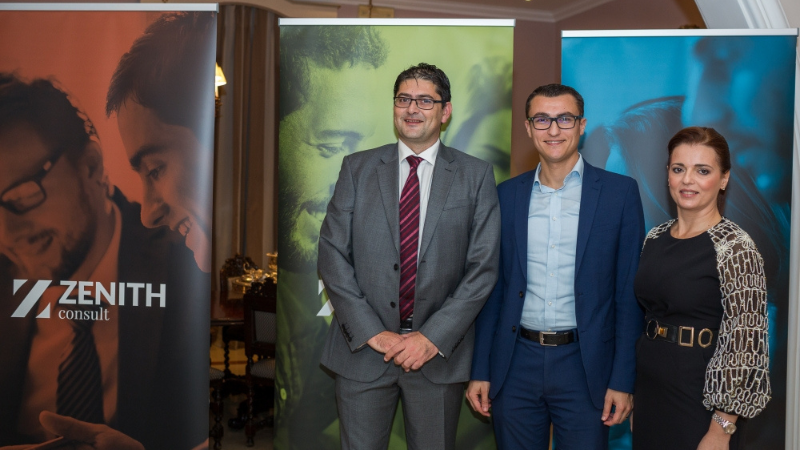Zenith Finance’s Matthew Pace has been given a slight reprieve by the Asset Recovery Bureau to be able to continue paying off three home loans after his and Lorraine Falzon’s assets were frozen in March 2021.
Pace and Falzon are facing money laundering charges stemming from Zenith Finance’s dealings with former Office of the Prime Minister Chief of Staff Keith Schembri and former Progress Press managing director Adrian Hillman.
According to a court notice published this week, MAPFRE MSV Life has been authorised to sell an investment policy in Pace’s name and to deposit the proceeds into a Bank of Valletta account that is also held by Pace.
BOV has also been authorised to receive payments from that account for three separate home loans Pace has on BOV’s books – respectively of €740.84, €326.37 and €692.25 per month.
Falzon had previously been authorised to make payments for an insurance policy and loan while Zenith Finance had been authorised to settle a bank overdraft.
As such, the move to allow Pace to continue paying off his home loans is not out of the ordinary, unlike the case itself.
Last November, Pace and Falzon were prohibited by the Malta Financial Services Authority from practicing in financial services because they “can no longer be deemed as being fit and proper to hold any [MFSA] approved positions”.
It banned both Pace and Falzon from “accepting any new positions including as shareholders in entities” and prohibited them from engaging “in any activities licensed and/or otherwise supervised by the MFSA and which necessitate the approval and/or authorisation of the Authority”.
Pace and Falzon are currently facing money laundering charges and were two of the 11 people charged in March 2021 – together with former Office of the Prime Minister chief of staff Keith Schembri and former Progress Press managing director Adrian Hillman.
Pace and Falzon have both pleaded not guilty to the charges of laundering money for Schembri and Hillman.
Pace and Falzon have both pleaded not guilty to charges of money laundering and an array of financial crimes including the forgery of documents, breaches of accountancy laws and criminal conspiracy in connection with Zenith Finance, of which they were both directors.
Pace was the managing director of Zenith Finance, formerly MSFP before it was rebranded to Zenith Finance, and Falzon was the company’s money laundering reporting officer (MLRO).
The charges were levelled after the conclusion of a magisterial inquiry sparked off by former Opposition Leader Simon Busuttil, who in 2017 accused the police of inaction and submitted to the courts the findings of a Financial Intelligence Analysis Unit investigation into the alleged illicit transfer of funds to Hillman from Schembri through the financial advisers.
Several arrests followed, including those of Pace and Falzon.
The charges were partly based on another magisterial inquiry that investigated claims of kickbacks from passport sales involving Schembri and his financial advisors Nexia BT – namely Brian Tonna, as well as Karl Cini, Katrin Bondin Carter and Manuel Castagna. They have all also pleaded not guilty to money laundering charges.
Nexia BT had been exposed in the Panama Papers as having set up the financial structures in Panama and New Zealand for Schembri, former minister Konrad Mizzi and the mysterious company Egrant.
The charges revolve around allegations that Zenith laundered funds related to under-the-table payments made by Schembri to Hillman for Progress Press, of which Hillman was the managing director, to purchase new printing machinery from Schembri’s Kasco Group.
Progress Press’ former chairman Vince Buhagiar was also charged with receiving payments from Schembri. Pace and Falzon, meanwhile, stand accused of laundering the payments. All have denied any wrongdoing.













Perhaps a stupid question in today’s world: Why would someone need three separate home loans, and why would a bank (the same bank) allow this same client three bank loans, thus exposing its risk to default much larger? Ok, so the said client might be able to afford such a lifestyle, but what about the associated risks by the bank?